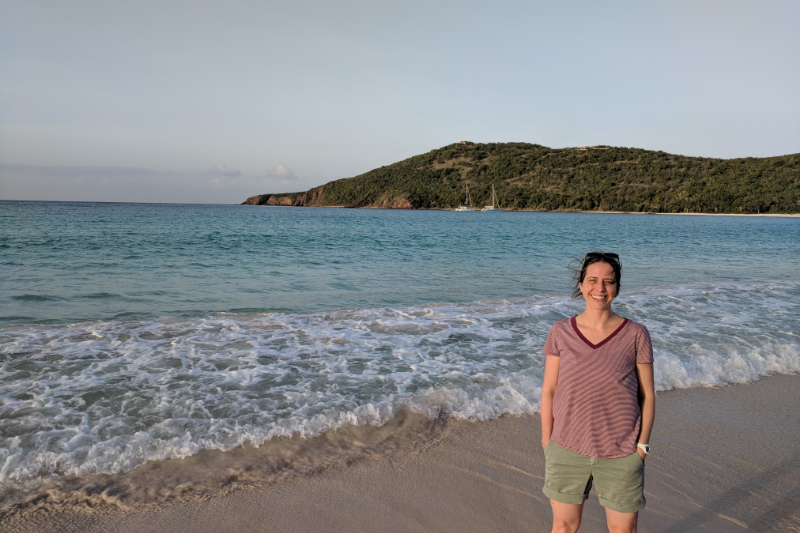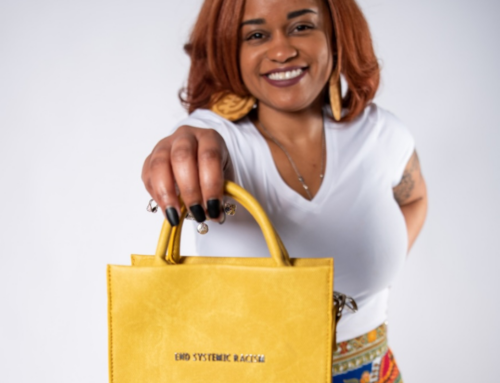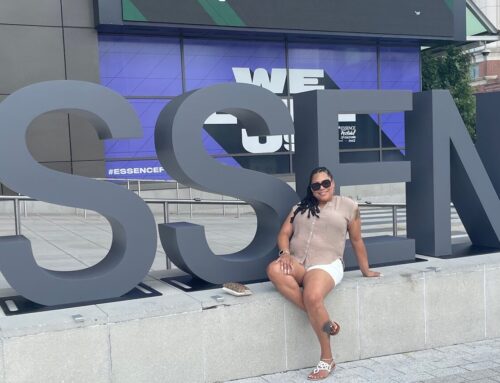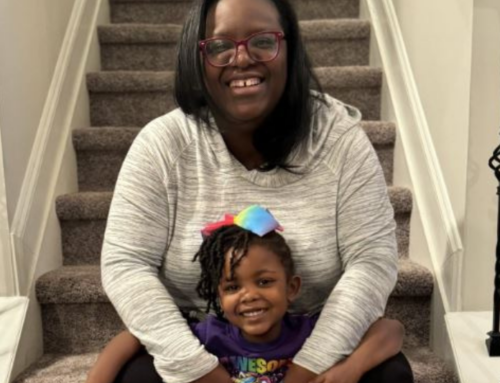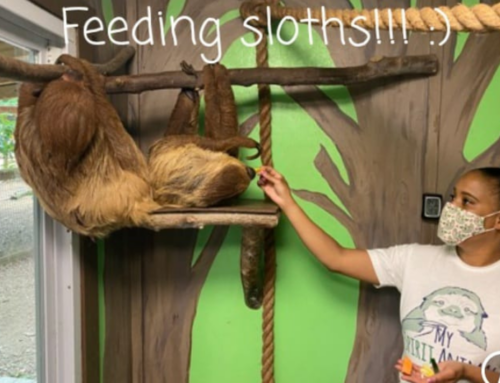Change Consultant London Losey has been working with Change Matrix (CM) since 2017, and in that time has held many roles. Notably, she is the co-lead for the Programmatic Workstream and a Region IX TA Specialist for the Maternal, Infant, and Early Childhood HomeVisiting TA Resource Center (MIECHV TARC); provides leadership and support to the Early Childhood Systems Technical Assistance and Coordination Center (ECS TACC); serves as an Adaptive Change Specialist for the Transforming Academia for Equity (TAE) project; is the former Project Director of Expanding the Bench®’s (ETB) Advancing Culturally-responsive and Equitable (ACE) Evaluation Network and the current lead for ETB’s CREE Learning Series; provides 1:1 leadership coaching for the California Reducing Disparities Project; and is a supervisor and leadership team member for CM.
While each of her projects and responsibilities bring with them unique challenges and skill set requirements, equity is central to all of the work. It is London’s capacity for relationship building and well-developed people skills that allow her not only to thrive at CM but establish years-long partnerships that often spawn longer-term collaboration. Read on to learn why London took on this work, why equity isn’t a choice, and why putting people first is her superpower.
What drew you to CM?
I had been working at the Minnesota Department of Health in their home visiting program as an Education Specialist for the state’s MIECHV Program. I was also tasked with leading a training design project for Minnesota’s broader home visiting workforce and co-leading a statewide initiative on prenatal substance use and infant exposure.
The state had been supporting local home visiting programs’ capacity to provide staff with reflective supervision and practice, and through this effort also provided our state team the opportunity to receive group-level reflective supervision. The person who was leading my reflective practice group saw the position at CM and recommended I apply. I did, and the rest is history.
What project excites you most at CM?
I have worked with the MIECHV Program for a number of years, and I have moved into more of a leadership role with that project. It’s work that feels near and dear to my heart and I’m proud to have grown with it.
I think ETB is one of our most exciting projects and is so unique in the CM portfolio in that we have the complete freedom to create, change, and/or expand upon the work we do with it. It offers us a constant learning and growth opportunity, and it has been successful at influencing the evaluation ecosystem’s understanding and value of culturally responsive and equitable evaluation (CREE).
Another really exciting project is TAE, which is funded by the Robert Wood Johnson Foundation. Through this project, we support university-level public health programs to create more equitable, diverse, and inclusive (EDI) structures for their staff and students. The initial funding is for these university grantees to create a strategic plan for doing this work – that’s the deliverable – but it has the potential to grow into something so big and beautiful. What’s exciting about it is just the opportunity to vision: What could it look like for these large institutions of education to really create a learning environment and a work environment for their staff and faculty that embodies EDI?
Why did you choose an equity-focused job?
I think that I’ve always approached things in personal and professional spaces in a people-centered way.I don’t remember using the term “equity” as a child. I don’t remember using it really consistently until maybe the last 10-15 years, but I think we used other terms or just had other ways of describing what we understood or what we hoped for equity to be at the time. I don’t think that every position I’ve ever held was equity-focused, and yet, when I was in positions that weren’t, it always felt like something was missing. I almost can’t imagine doing work that doesn’t have some equity component to it, because it feels like such a critical thing to address in communities and our country.
Especially since I’ve had children, I’ve felt this deep responsibility to make sure that they understand the privilege that they have in this world and what their role is in supporting marginalized and oppressed communities in getting to a place where they have the same opportunities. I don’t think we have a choice not to address this; we just need to do it.
What unique skill or process sets you apart?
I think it’s often labeled as a soft skill, but I approach all of my work in a relationship-based way, and I think it makes all of my work stronger. It goes back to that people-centered approach and just having an awareness of human beings and trying to always put other people first. Sometimes that’s a detriment to myself. Yet, I think it is likely I will always do that because it’s just good practice. Building and sustaining relationships is what will last far beyond any project period, and it will, hopefully, be something that helps sustain some or all of the work we’re doing together. I think this skill comes out most often in my coaching, supervision, and facilitation work. Facilitation is probably the thing I feel the strongest in, and that I am almost always willing to offer support around. I think when you have a strong facilitator in a room or in a group, that can make or break how things happen, so I’ve come to really lean into and appreciate that skill.
